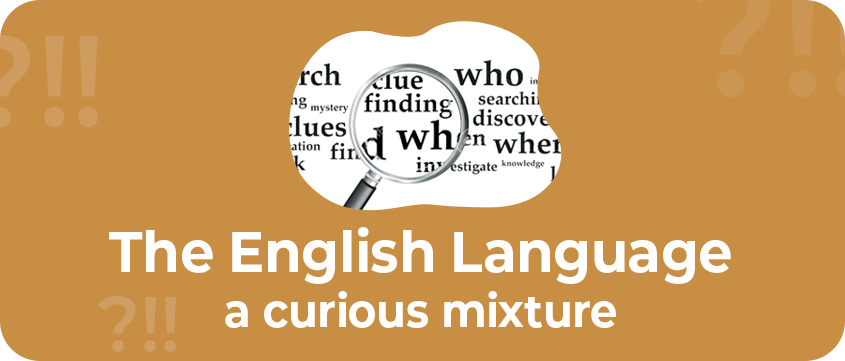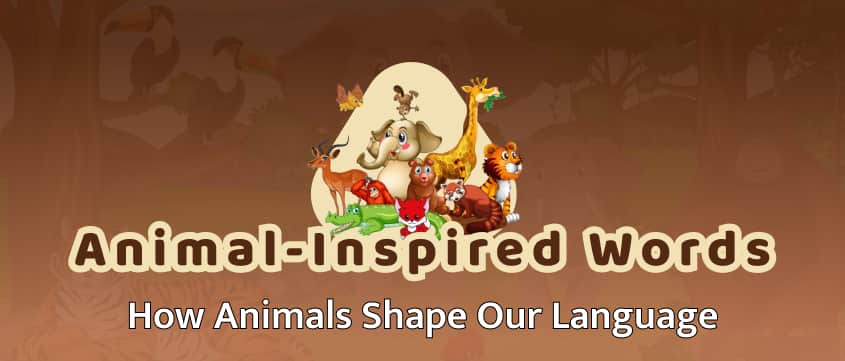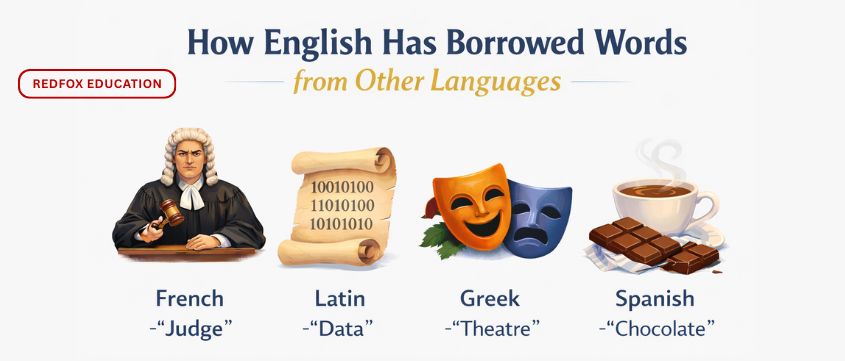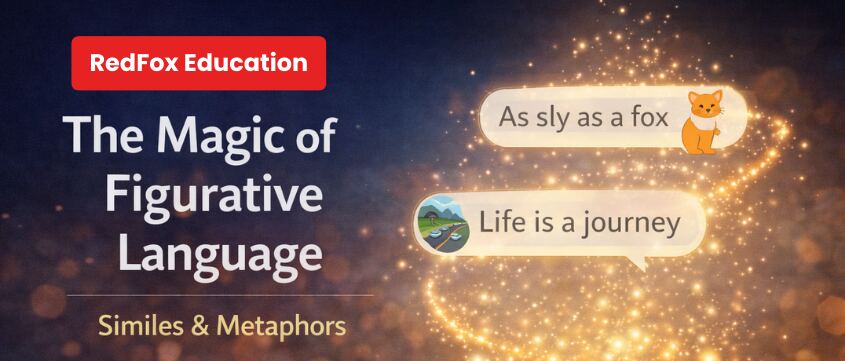Have you noticed that some words in English seem similar to those in other languages? This is because English, like most of the world’s languages evolved over time and it incorporates influences from several other languages.
There are numerous causes for this evolution of language, such as invasion, migration and colonization. As a result, some old or dying languages live on in the
vocabularies and dialects of the more prominent languages which have replaced them. A few languages have escaped this process, such as Icelandic, which still closely resembles Old Norse. But Iceland had no indigenous population before the Norse settlers who discovered and inhabited the island in the Viking Age.
vocabularies and dialects of the more prominent languages which have replaced them. A few languages have escaped this process, such as Icelandic, which still closely resembles Old Norse. But Iceland had no indigenous population before the Norse settlers who discovered and inhabited the island in the Viking Age.
The English language has evolved for over two thousand years from its origins in Latin, from the Romans who invaded the island of Britannia (as they called it) in
the first century. Today we still have many words in the English language with Latin origins and that is why there is so much of our vocabulary that looks and
sounds similar to words in French, Spanish and Italian – because these languages also derived from Latin.
the first century. Today we still have many words in the English language with Latin origins and that is why there is so much of our vocabulary that looks and
sounds similar to words in French, Spanish and Italian – because these languages also derived from Latin.
For example the word primary, which in English means something that happened first or more important than anything else, comes from the Latin word prima
meaning ‘first’. In French the word is premiere (which we also use in English); it’s primero in Spanish; and primo (m) or prima (F) in Italian.
meaning ‘first’. In French the word is premiere (which we also use in English); it’s primero in Spanish; and primo (m) or prima (F) in Italian.
The Latin word for school is schola – you can see the similarity, and of course, we also have the words scholar and scholarship. In Italian the word for school is
scuola. In French and Spanish école and escuela respectively.
scuola. In French and Spanish école and escuela respectively.
The Romans left Britannia around the turn of the fifth century (so 380 – 400 AD). Over the next hundred years tribes of Angles, Saxons and Jutes then came to
British from, what is today, southern Denmark and northern Germany, bringing with them Germanic language influences, especially in terms of grammatical
structure. These tribes eventually displaced most of the Romano-Briton population, and the country became known as Anglaland – then Angleland – and eventually England. The language has become known as Old English, but many words survived from the Roman age and became anglicised.
British from, what is today, southern Denmark and northern Germany, bringing with them Germanic language influences, especially in terms of grammatical
structure. These tribes eventually displaced most of the Romano-Briton population, and the country became known as Anglaland – then Angleland – and eventually England. The language has become known as Old English, but many words survived from the Roman age and became anglicised.
This process took several hundred years and the various Angle and Saxon kingdoms had to fight off the Vikings who began raiding British lands in the late 8 th
century. As these raiders began to settle and integrate into Angleland, new words from Old Norse were added to the melting pot of the evolving English language.
Old Norse is actually quite similar to Old English but we do have many really common words which we owe to Old Norse – the verbs get, give, take and call for
example; and nouns such as egg, plough, cake, husband and sister.
century. As these raiders began to settle and integrate into Angleland, new words from Old Norse were added to the melting pot of the evolving English language.
Old Norse is actually quite similar to Old English but we do have many really common words which we owe to Old Norse – the verbs get, give, take and call for
example; and nouns such as egg, plough, cake, husband and sister.
Now, to fast-forward by two hundred years, the next major ‘language evolution’ event was the addition of French influences after William of Normandy won the
kingdom of England in battle in 1066. This was followed by the great Plantagenet kings of the early Middle Ages, beginning with King Henry II, son of a French noble. So, for over 300 years Norman French was the language of the kings, queens and upper classes of English society while the main population spoke Old English. Words like restaurant, prestige and silhouette are all of French origin; and expressions like déjà-vu, avant-garde or a la carte.
kingdom of England in battle in 1066. This was followed by the great Plantagenet kings of the early Middle Ages, beginning with King Henry II, son of a French noble. So, for over 300 years Norman French was the language of the kings, queens and upper classes of English society while the main population spoke Old English. Words like restaurant, prestige and silhouette are all of French origin; and expressions like déjà-vu, avant-garde or a la carte.
As you can see, modern English is a direct descendant of Old English, but there are many other influences thrown into the melting pot!
Aug 23, 2022 | English,British English,American English | No Comments











